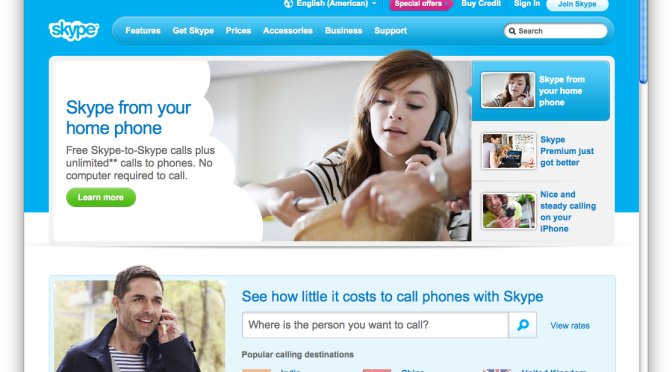By Rich Woods
Google doesn’t make a lot of Windows apps anymore. The ones that they do make are clearly designed to divert people away from Windows and into the arms of Google, Chrome OS, and Android. There are only two apps made by Google for Windows Phone and only one for Windows RT. They do make some apps for Windows 8 because you simply can’t ignore 90% of the market share but they still try to steer users toward web services.
Since Google was the second company to produce a metro style browser (the first being Microsoft), it was no surprise that they took advantage of the full-screen interface. The bottom left corner was a start menu for Google apps, there was a title bar at the top of the screen complete with tabs (which full screen Internet Explorer does not have). If you were a Windows 8 user and missed Windows 7, there was a taste of familiarity there and an invitation to come on over to Chrome OS.
On April 8, Microsoft struck back with Windows 8.1 Update 1. This update to Windows 8.1 brings a title bar to the top of the screen any time a user moves a mouse to the top of the screen. When the user tries to switch between tabs, a Windows title bar slides down and blocks the tab (unless you do it very carefully). It’s safe to say that Google was not planning on this when they designed Chrome for Windows 8.
This effectively thwarts Google’s game plan to get Windows users more comfortable in the Chrome OS environment. After all, it essentially ruins the user experience enough to make him want to switch back to Internet Explorer or at least the desktop version of the Chrome browser. In short, it’s enough to send the user back into the Windows environment.
This isn’t the first time that Microsoft has pulled a strategic move against Google. After Google used the full-screen Windows environment against them, Microsoft found a way to use Android against Google. With the Nokia X, Microsoft can use the open sourced Android operating system to access Microsoft services. After all, they can’t lock down the platform. If they did, they’d risk alienating the OEMs like Samsung and HTC that like to use their own forks of Android. If Google locked down Android, then that would essentially put them on a level playing field with Windows Phone.
It’s no surprise that these two companies don’t care for each other too much. They are the only two major companies left on the Internet that provide search. It’s good to see signs that Microsoft is starting to come out on top.
Make sure to follow me on Twitter @rwoods716 and like us on Facebook at “For the Love of Tech” for all of the latest news, reviews, and product comparisons. I would love to hear from you. Tell me how we can make this site better by leaving a comment or posting on our Facebook page or sending a tweet. Got a tech question about how to fix your broken PC or smart phone? Just ask. Need help deciding which tablet is right for you? Happy to help. Drop me a line.

